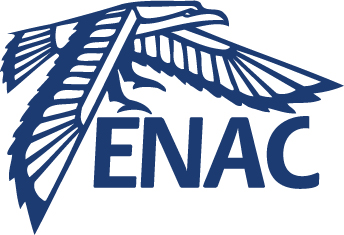Metropolis II: Investigating the Future Shape of Air Traffic Control in Highly Dense Urban Airspace
Résumé
Metropolis II aims to provide insights in what is needed to enable high-density urban air operations. It does this by investigating the foundation for U-space U3/U4 services. The final goal is to provide a unified approach for strategic deconfliction, tactical deconfliction, and dynamic capacity management. Highly-dense operations in constrained urban airspace will likely require a degree of complexity that does not exist in modern-day air traffic management. The expected high traffic demand will require a shared use of the airspace instead of assigning exclusive use of blocks of the airspace to some flights. A unified approach for traffic management is needed because at high-densities, airspace design, flight planning, and separation management become increasingly interdependent. Metropolis II builds upon the results of the first Metropolis project. Three concepts with a varying degree of centralisation will be compared using simulations. (1) The centralised concept will take a global approach for separation management. (2) The decentralised concept aims to give the individual agents separation responsibility. (3) The hybrid concept tries to combine a centralised strategic planning agent with a robust tactical separation strategy.
Domaines
Sciences de l'ingénieur [physics]| Origine | Fichiers produits par l'(les) auteur(s) |
|---|
